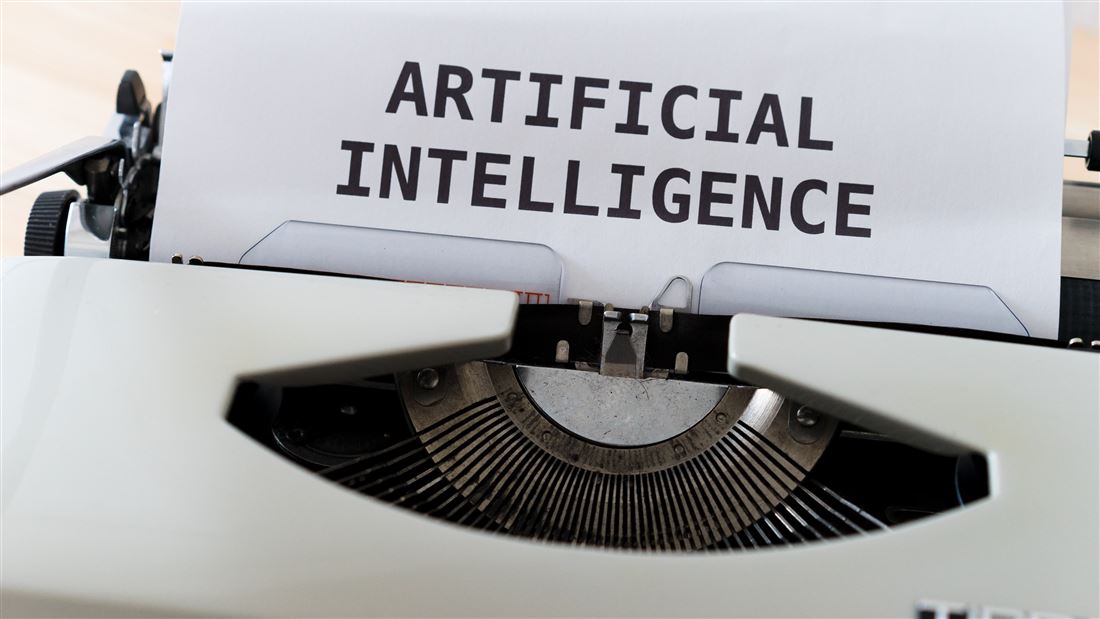Artificial intelligence is currently lurking around every corner. Some experts are vehemently opposed to it, while others argue that we must learn to live with it. You may even have already tried out artificial intelligence for yourself. But is its use ethical? Does it adhere to all principles?

In recent years, we have been encountering the term artificial intelligence more and more frequently, and it has become virtually impossible to avoid. This has raised the question of whether we can trust this system and how to ensure this trust. The European Commission has therefore decided to set up an expert group tasked with drawing up principles for trustworthy artificial intelligence. This intelligence should have three main components. It should be lawful, ethical and resilient.
Artificial intelligence systems are subject to the rule of law. From development to deployment and use, it is essential to comply with the relevant legislation, ranging from various European Union treaties to anti-discrimination directives. In connection with the ethical component of artificial intelligence, it is also essential to adhere to fundamental human rights, such as respect for human dignity, individual freedom, equality, non-discrimination, and solidarity. In connection with the law, four ethical principles are set out to ensure that artificial intelligence systems are developed, deployed, and used in a trustworthy manner: respect for human autonomy, harm prevention, fairness, and accountability. At the same time, it is essential to secure these systems from a technical and social perspective, as even with good intentions they can cause unintended harm.
In order for all these principles to be effectively applied in practice, they had to be translated into requirements. These requirements apply to all stakeholders at all stages of the AI life cycle. This includes developers, operators, end users, and the general public. These requirements are:
- Human factor and oversight: artificial intelligence is seen as a tool for creating and supporting democracy, a prosperous society, and human autonomy, so it is essential that people come first.
- Technical resilience and security: artificial intelligence systems must be developed in such a way as to prevent any harm that may be caused to the system or the user.
- Privacy and data management: this means introducing systems that will protect privacy, data, and information.
- Transparency: refers in particular to the traceability of the data and information with which the systems work, as well as the ability to explain how artificial intelligence works.
- Diversity, non-discrimination, and fairness: means preventing unfair bias against anyone and ensuring equal access to use, ensuring design that allows everyone to use these systems.
- Social and environmental well-being: this includes, in particular, sustainability and environmental friendliness, its impact on society and democracy.
- Accountability: this includes the control and assessment of algorithms in terms of safety, thereby minimizing negative impacts, but if such impacts occur, the possibility of redress is essential.
Based on the requirements set out, methods for achieving trustworthy artificial intelligence are established. These methods are divided into technical and non-technical. They complement or replace each other, as different requirements require different methods of implementation. The methods may change or be supplemented over time, depending on developments and possibilities for their use.
All these requirements form a framework that should be adhered to by the groups involved. Although these requirements are clear and precise, it is important to realize that artificial intelligence is a system that is constantly evolving and changing. These principles and requirements may conflict, which may result in a seemingly unsolvable situation. All conflicts must be documented, evaluated, and solutions sought in the form of compromises, which must be communicated to the parties concerned. It will be possible to learn from them and move these systems a step closer to trustworthiness. Artificial intelligence will bring many positive impacts in the future. However, for this to happen, we must be able to trust it as a tool to support the development of humanity and society.
Sources:
